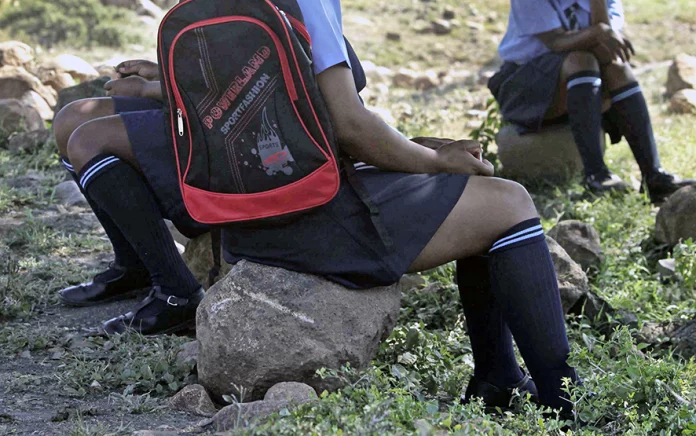The socioeconomic conditions that contribute to pregnancies among pupils between the ages of 10 and 17 also prevent them from returning to school.
This is the message that came out strongly when parliament’s portfolio committee on basic education discussed teenage pregnancies with the Department of Basic Education (DBE) and the Commission for Gender Equality (CGE) last week.
The CGE just published a study on the reasons why more than 60% of girls who fall pregnant drop out of school despite an enabling policy that guarantees their right to education.
In its investigation, the CGE found that a myriad factors, including lack of parental involvement, limited and fragmented sex education, poor access to contraceptives to intergenerational sexual relations, substance abuse and religious and cultural beliefs, were some of the reasons for high pregnancies among pupils.
In Eastern Cape, some girls came from child-headed homes.
“Some live with their grandmothers or single mothers. Others live alone in rented accommodation to be closer to the schools,” the report said.
Myths about contraceptives – that they can make you barren – were also some of the reasons girls cited for not using contraceptives, despite having knowledge and access to them.
In some instances, where pupils are willing to take contraceptives, their availability or the manner in which they are disbursed contributed to whether there’s an uptake in their use or not. This because pupils preferred discreet access to them.
Given that the majority of the girls who have sex at a young age come from poor families; intergenerational and transactional sex also exposed them to early pregnancies. In some instances, even teachers have been found to have impregnated pupils.
Despite some efforts by DBE to ensure all children have access to education despite their circumstances, it is a challenge to get girls back to school once they fall pregnant.
The CGE recommended that the departments of basic education, health (DoH) and social development (DSD), and the police spearhead and adopt comprehensive school-based and community programmes to raise awareness among parents, teachers and communities on the importance of open communication about sexual and reproductive health and related services.
The commission also recommended that the police act against teachers involved in sexual relations with pupils and in cases of statutory rape.
In its response, the DBE said it was already implementing the integrated school health programme (ISHP) to provide health and social services in schools in line with its policy. It said it does this in partnership with DSD and DoH.
In addition, it is also working with the police and DSD in the school safety programme to deal with safety issues such as drug and substance abuse, gender-based violence and bullying.
The CGE also recommended that more studies be done to look into the specific economic needs of pregnant pupils and adolescent mothers that lead to withdrawal from school.
The DBE also acknowledged the importance of girls having access to child support grants as such financial support makes it four times more likely they return to complete their schooling.
The implementation of the “Policy on the Prevention and Management of Learner Pregnancy” has also been found to be weak, with some teachers not being aware of or trained in it.
The CGE recommended the rollout of advocacy and awareness-raising initiatives to support and strengthen the application of the policy. These initiatives must target all parties involved in school structures.



